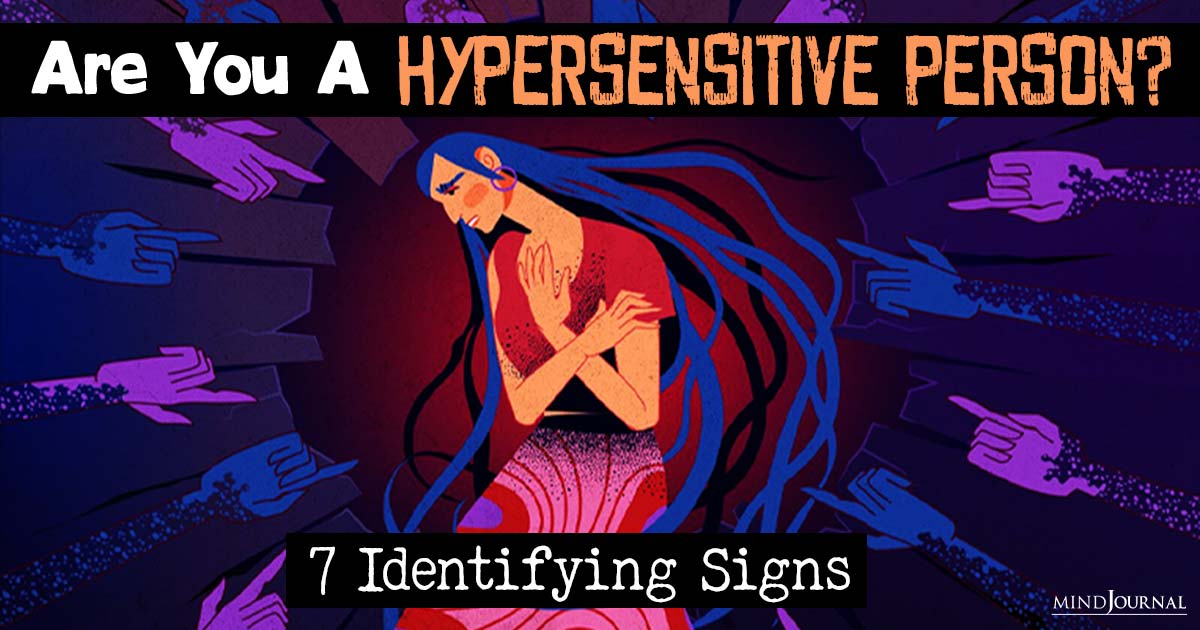Highly sensitive children have a tendency to be perfectionists. And this becomes overwhelming for parents. This blog post covers what can parents do to handle or manage such children.
Gabriel (6) and I were working on writing letters together. When he couldn’t make his “O” look exactly like mine, he had a total meltdown. The more I tried to tell him what a good job he was doing, the more agitated he became.
When Serena (5) messes something up, her reaction is very disproportionate and she is incredibly hard on herself – saying she will never draw again, tearing up the paper, crying, hitting herself on the head, throwing herself on the floor. We try to model losing/not being perfect and taking it in stride – we emphasize that, but it doesn’t seem to help.
Highly sensitive children have a tendency to be perfectionists. When they can’t do something exactly as their brain is telling them it should be, they experience it as a loss of control which is very uncomfortable and hard to tolerate. Hence, the meltdowns. This can be very frustrating for parents who see the irrationality in their children’s thinking but find that using logic to help them be more self-accepting backfires.

5 tips to handle highly sensitive children: perfectionists
1. Avoid cheerleading and rushing to problem-solve.
“That is a great ‘O’!” “But I love your drawing!” “Nobody’s perfect. Just try again.” These are some of our most common, reflexive responses in these moments. Perfectionist behavior worries us because we see how paralyzing it is to our kids and we want to talk them out of it–to change their feelings and behavior.
The problem is that when children break down in the face of their perceived failure, they are in a highly emotional, irrational state, so trying to use reason or logic to convince your child to snap out of it or change his mind is rarely useful and can backfire–increasing your child’s agitation.
Highly sensitive children also have super-human radars for sensing when others are trying to control them which leads to defensiveness and digging their heels in more vehemently. And, perhaps most importantly, when you jump to reassure, you invalidate your child’s experience–as irrational as his reaction may seem. You can’t take away your child’s feelings. Your job is to help him look at and make sense of them.
That process can only take place once your child is calm and can think clearly. When children flip their lids and are in the “red zone”, their brains are flooded with emotion. There is no room to process any information or ideas you want to share and they are not open to problem-solving. So instead, start by…
Also, read Raising Resilient Children: 5 Parenting Strategies To Know
2. Acknowledge your child’s feelings.
Mirror your child’s feelings back to him. That is what soothes his agitated nervous system and helps him get back to a calmer state: “You don’t like the way the letter you wrote looks. You have a different idea about how it should appear. It feels really uncomfortable and distressing to you when you can’t do something exactly the way you expect or want it to be. I understand.”
Helping your child gain insight into what makes him tick—developing this self-awareness— is what makes it possible for him to ultimately rethink his perspective and self-assessment
3. Help your child “reality test.”
When your child is out of the red zone and calm, let him know you have some ideas about other ways to think about the situation and ask if he’d like to hear them. (This seemingly minor step of asking for permission versus launching in to share your ideas–which can feel intrusive and overwhelming to highly sensitive children–can have a major, positive impact. It makes them feel more in control and open to your input.)
When your child shows he’s ready to hear what you have to say, share your perspective: “Daddy has been working on his handwriting for over 30 years. That’s 29 more years of practice than you have had since you just started to learn to write last year.
I had to work really hard to get good at making letters. Learning anything new means making a lot of mistakes. You have to keep trying until we get good at something. And even then we still make mistakes!” Give examples from your own experience.
4. Guide your child to think through the outcome of his Choices.
Think of it as A debrief–a non-judgmental review of the situation.
Ask what he thinks will happen if he gives up. What about if he gives it another try? What does he think will help him reach his goal to master whatever skill he is working on?
Avoid the temptation to try to make him change his behavior by cajoling, bribing/rewarding, or shaming (“Big boys ride two-wheelers”; “You’ll never succeed if you don’t keep trying”.) This just gives children fodder to become more defensive.
Also, read 5 Signs Of Overprotective and Unaffectionate Parents
5. Ask your child how he would like to proceed.
“Would you like to keep practicing or do you want to take a break? It’s up to you.” This sends the message that the control is in his hands which makes it more likely he will persevere, at some point. Forcing the issue often leads to kids becoming defensive and digging in their heels further.
This article is part of a series on understanding and supporting highly sensitive children. You can check out other installments in this series, here.
Written by: Claire Lerner
Originally appeared on: Lerner Child Development
Republished with permission






Leave a Reply
You must be logged in to post a comment.